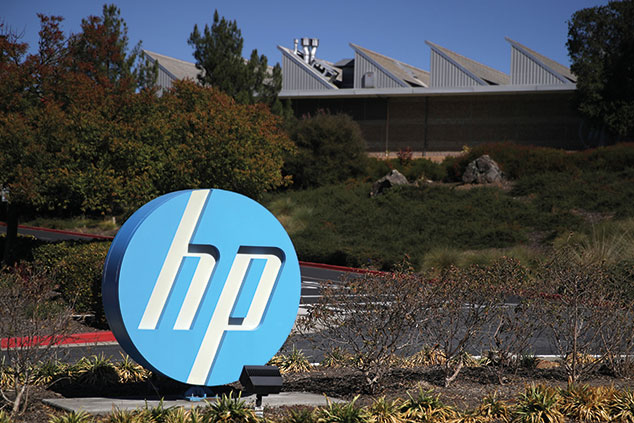
HP’s board has “unanimously” decided to reject a $33bn – $22-a-share – bid from rival Xerox, on the grounds that it “significantly undervalues” the computer hardware giant, says Mark Vandevelde in the Financial Times. At the same time, HP’s board has indicated that the door “remains open” to “a potential combination” of the two companies, demanding “more information about Xerox’s business prospects and the scale of any potential synergies”. In making the bid for HP, which involves a mixture of cash and shares, the office equipment provider has been trying to capitalise on a rally in its shares, which have climbed by 47% in a year.
One prominent supporter of the $33bn proposed merger between the two companies is activist investor Carl Icahn, who owns 10.6% of Xerox (worth $2.9bn) and 4.2% (worth $1.2bn) of HP, says James Dean in The Times. Icahn considers a deal a “no-brainer”, believing “very strongly” that there is scope for synergies between HP, best known for home printers, and Xerox, which manufactures larger machines for firms. He argues that companies in shrinking industries tend to decline “much more slowly” than many market participants may predict and may also continue to generate “substantial” amounts of cash.
Not so fast, says Dan Gallagher in The Wall Street Journal. Most of the money offered by Xerox would have come in cash, “which in turn would primarily be financed by borrowing”. This would have turned Xerox into “a heavily indebted enterprise that would need to slash costs aggressively”.
What’s more, Xerox’s claim that the company could have saved $1.5bn from combining research and development (R&D) is debatable, given that both of them spent a combined total of only $1.8bn on R&D in their last full years. Still, HP “may not be able to say no forever” as investors in both firms “are clearly intrigued by the idea of a combination”.
A different approach?
The deal is the wrong way round, says John Foley on Breakingviews. Rather than let Xerox take on large amounts of debt, HP, a substantially larger firm, should be buying its smaller peer. The new firm could then be lead by Xerox’s hitherto successful boss John Visentin, who previously worked for HP. This plan “could be the best thing for shareholders”, although both firms should really wait to ensure that “what emerges from the output tray is clearer”.
Provoking HP into making a bid for Xerox “may have been Xerox’s plan all along”, says Alex Webb on Bloomberg. The companies have been in tentative talks “about bulking up several times”. But while Xerox looks “to have at least succeeded in bringing HP back to the negotiating table”, HP’s low debt means that it still has other alternatives, including buying back its own shares. The best solution may be for a merger that involves stock rather than cash, with shareholders benefiting from any “uplift”.